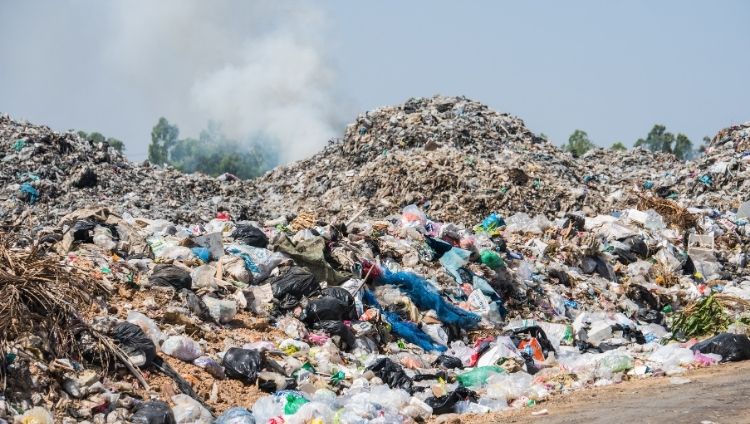Proper types of waste management is key to keeping our environment clean and healthy. It’s important to be aware of how we produce and dispose of waste so that we can make the best choices for our planet.
Storage, transport, and recycling are all part of waste management, and there are laws and regulations in place to ensure that waste is disposed of properly.
By being informed and responsible and working together, we can make sure that waste is properly managed and disposed of, and that our planet stays clean and healthy.
In this blog, we will discuss what are the 4 types of waste management in detail.
Types of Waste Management
Here are some of the most popular types of waste management.
- Recycling
- Incineration
- Landfill
- Biological Reprocessing
- Animal Feed
Recycling
You’re creating valuable components from waste. Numerous organizations and communities have simplified the recycling process by adding labels that indicate if a material is recyclable.
Without a doubt, an effective waste management system benefits both the economy and the environment.
It helps the government save money on waste initiatives, generates thousands of jobs, and creates revenue through recycling.

Landfill
Incineration
This type of waste management involves disposing of waste materials by burning them. Thermal treatment, or incineration, is the process of disposing of waste material by burning it.
You should incinerate on a commercial or human scale and can dispose of the dangerous variety of waste materials. Most countries with limited land consider incineration as an option.
Additionally, it is possible to utilize the thermal energy generated through the combustion of waste materials to generate heat, power, or steam. However, one of the disadvantages of this disposal method is that it can be the primary contributor to air pollution.

Animal Feed
Food waste is a major problem in the United States, with an estimated $161 billion worth of food going to waste each year.
The major cause of this food waste is self-explanatory: people simply aren’t eating all the food they buy. This is a serious issue that needs serious consideration.
One of the incredible ways to reduce food waste is to compost it. This is where food is preserved by manure and livestock feed and is one of the most eco-friendly methods of waste management.
By composting food, we can help reduce the amount of waste that ends up in landfills and reduce the greenhouse gas emissions that result from decomposing food.
Biological Reprocessing

Frequently Asked Questions:
What happens if waste is not managed properly?
We’re really messing things up by not managing our waste properly. It’s causing all sorts of problems like contamination of the world’s oceans, clogging drains and flooding, transmitting diseases, harming animals, and affecting economic development.
What is the best solution to waste management?
- You should use a reusable bottle/cup for beverages on the go.
- You should use reusable grocery bags, not just for groceries. Purchase wisely and recycle.
- Compost it!
- Make sure you should avoid single-use food and drink containers and utensils. You should buy secondhand items and donate used goods.
What are the benefits of waste management?
Reducing waste is one way to help protect the environment. Recycling and reusing waste can also benefit the environment by reducing the need to extract resources and lowering the potential for contamination.
How do you measure waste management?
The amount of MSW produced each year is equal to the amount of MSW recycled, plus the amount of MSW recovered, plus the amount disposed of.
MSW stands for Municipal Solid Waste, which does not include industrial, special, or demolition wastes.
Some on-site or home diversion practices have not been included in the diversion calculation, such as backyard composting grass cycling.
What is the prime goal of waste management?
From a climate perspective, the main goal of waste policy is to reduce the amount of greenhouse gases released into the atmosphere through waste management, with a particular focus on minimizing methane emissions generated during landfill processing.
How do you recover waste?
- You should give unwanted toys and books to hospitals or schools.
- You should be putting unwanted clothes in used clothing bins.
- You should use plastic containers for freezing or storing food items.
- You should save wrapping paper and boxes to use again.
- You should use old jars for storage.
- You should take old magazines to your local doctor’s or dentist’s surgery.



